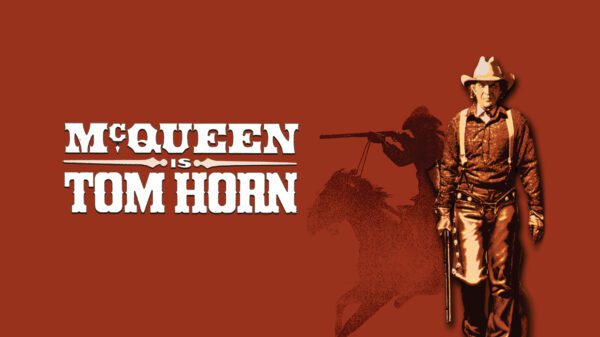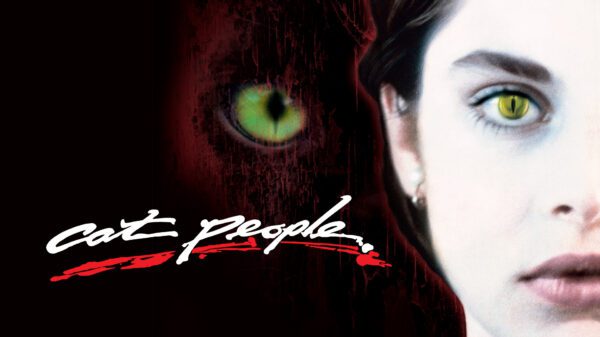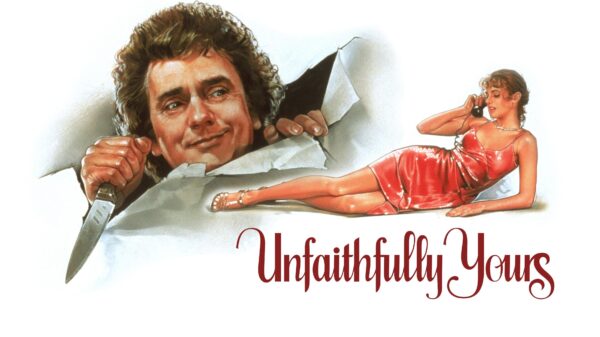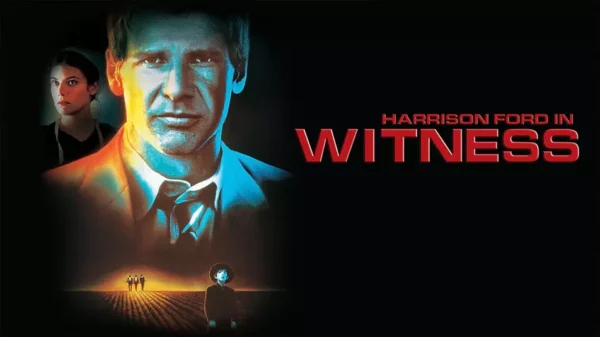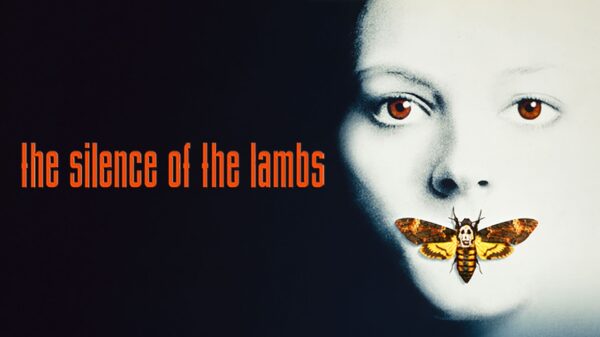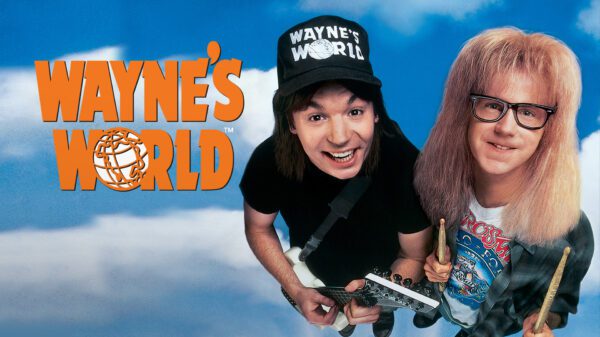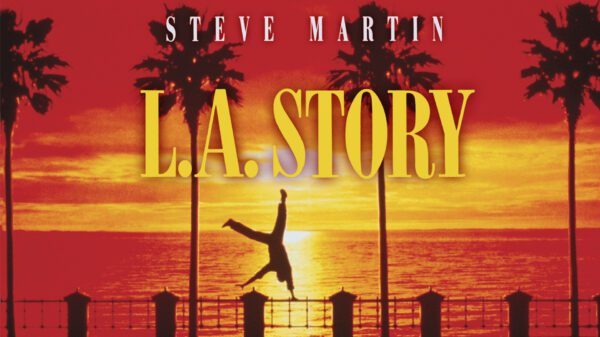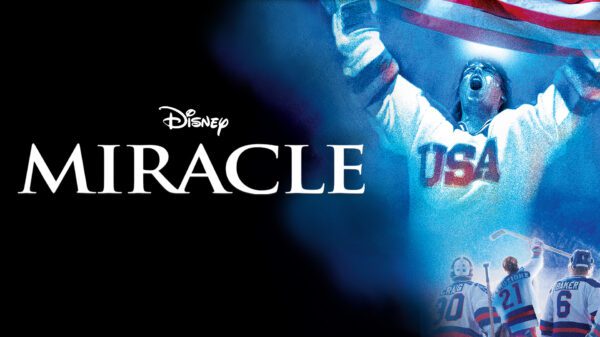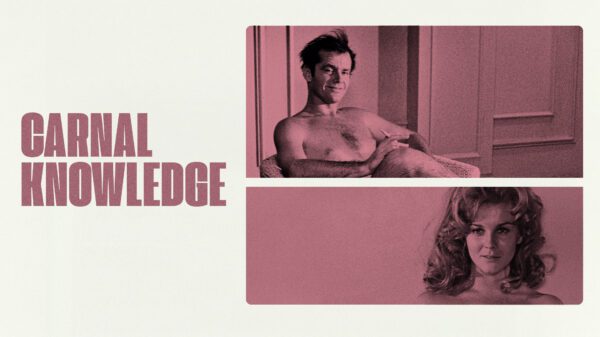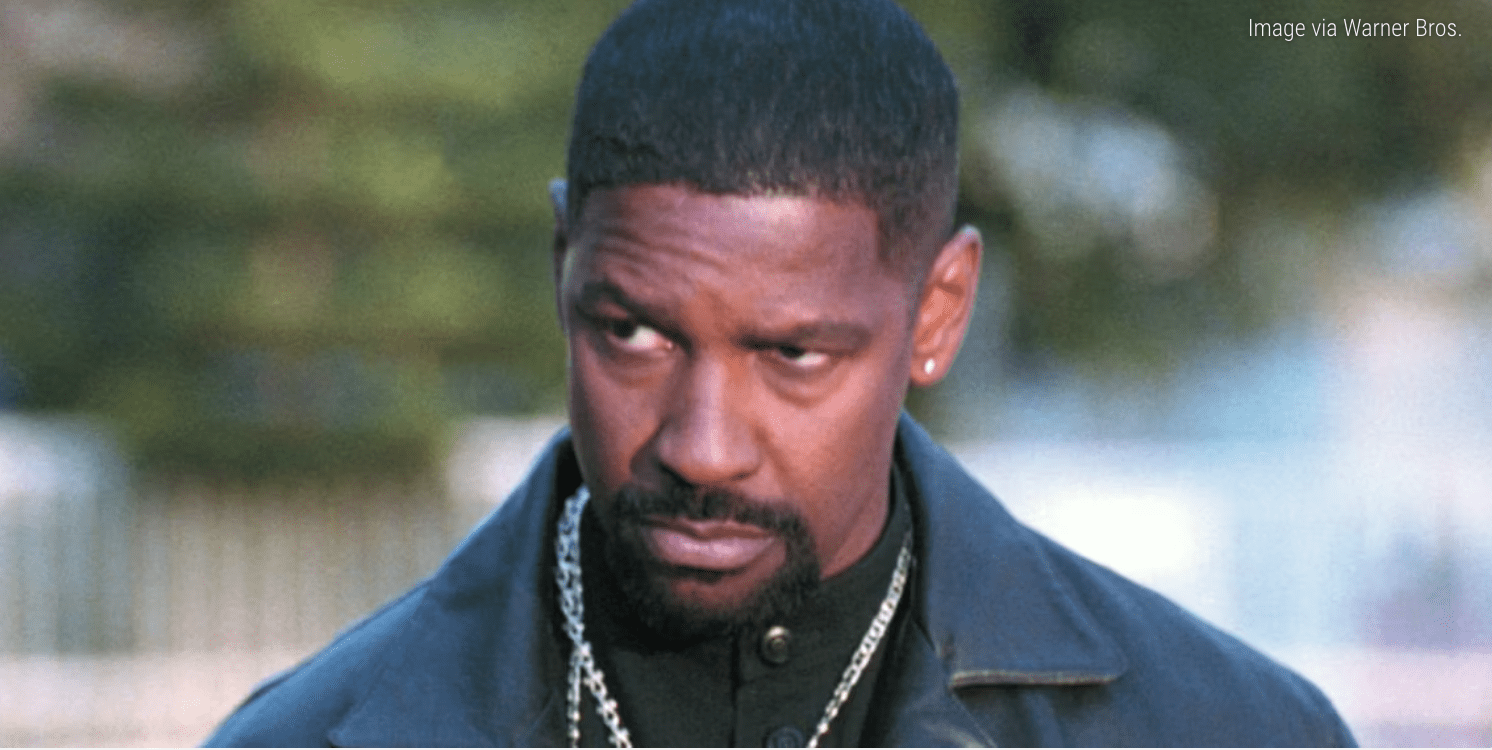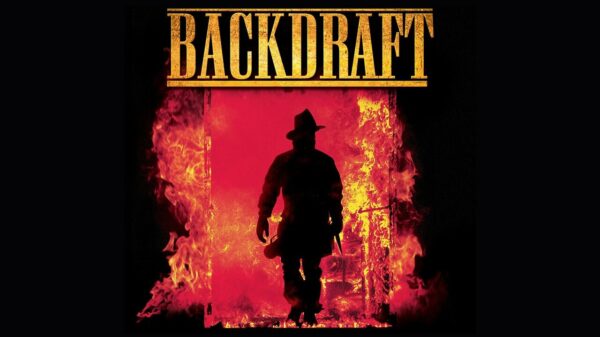Thirty years ago, a film that would forever change the cinematic landscape burst onto the scene: Quentin Tarantino‘s Pulp Fiction. This groundbreaking masterpiece, with its unconventional narrative structure four intertwining tales of crime, unforgettable characters, and iconic dialogue, has left an indelible mark on popular culture.
Pulp Fiction introduced audiences to a world of morally ambiguous gangsters, hitmen, and boxers, all interconnected by a series of seemingly unrelated events. The film’s non-linear storytelling, jumping back and forth in time, kept viewers on the edge of their seats and challenged traditional narrative conventions.
Pulp Fiction’s All-Star Cast
At the heart of Pulp Fiction is a group of memorable characters brought to life by a stellar cast.
John Travolta delivered a career-defining performance as Vincent Vega, a cool-headed hitman with a penchant for philosophical musings, cheeseburgers and heroin.
Samuel L. Jackson‘s Jules Winnfield, Vincent’s partner-in-crime, became an instant icon with his memorable catchphrases and intense presence.
Uma Thurman‘s portrayal of Mia Wallace, a femme fatale with a dangerous past, was both seductive and menacing. Thurman would work with Tarantino again on Kill Bill, Vol. 1 and Kill Bill, Vol. 2 and with Travolta in Be Cool, the 2005 follow-up to the 1995 hit Get Shorty.
Bruce Willis starred as Butch Coolidge, an ageing boxer struggling to come to terms with his past while making plans for his future.
Harvey Keitel appears as Winston ‘The Wolf’ Wolf, a legendary fixer in Los Angeles who comes to Vincent and Jules’ rescue after the accident with Marvin. Keitel had a similar role as Victor the Cleaner in the 1993 hit Point of No Return.
And Ving Rhames‘ performance as Marsellus Wallace, a powerful crime boss, was both intimidating and enigmatic.
Praise for Pulp Fiction
Pulp Fiction was praised for its sharp dialogue, often witty and irreverent. Tarantino’s ability to craft memorable lines that captured the essence of his characters and the world they inhabited was on full display. The film’s soundtrack, featuring a mix of classic rock, soul, and surf music, perfectly complemented the film’s style and tone.
Pulp Fiction won the Palme d’Or at the 1994 Cannes Film Festival to kickstart what would become a runaway success story. It was nominated for seven awards at the 67th Academy Awards, including Best Picture, and won Best Original Screenplay; Travolta, Jackson, and Thurman were nominated for Best Actor, Best Supporting Actor, and Best Supporting Actress.
In 2008, Entertainment Weekly named it the best film since 1983.
While Pulp Fiction was a critical success, it was a box office smash, earning $213.9 million on an $8.5 million budget.
Legacy
In the decades since its release, Pulp Fiction has been hailed as one of the most influential films of its generation. Its impact can be seen in countless films that have followed, borrowing from its stylistic elements, narrative techniques, and iconic characters. The film’s enduring popularity is a testament to its timeless appeal and its ability to continue to resonate with audiences of all ages.
As we celebrate the 30th anniversary of Pulp Fiction, it’s clear that this groundbreaking film remains as relevant and influential as ever. Its legacy will continue to inspire filmmakers and audiences for generations to come.

